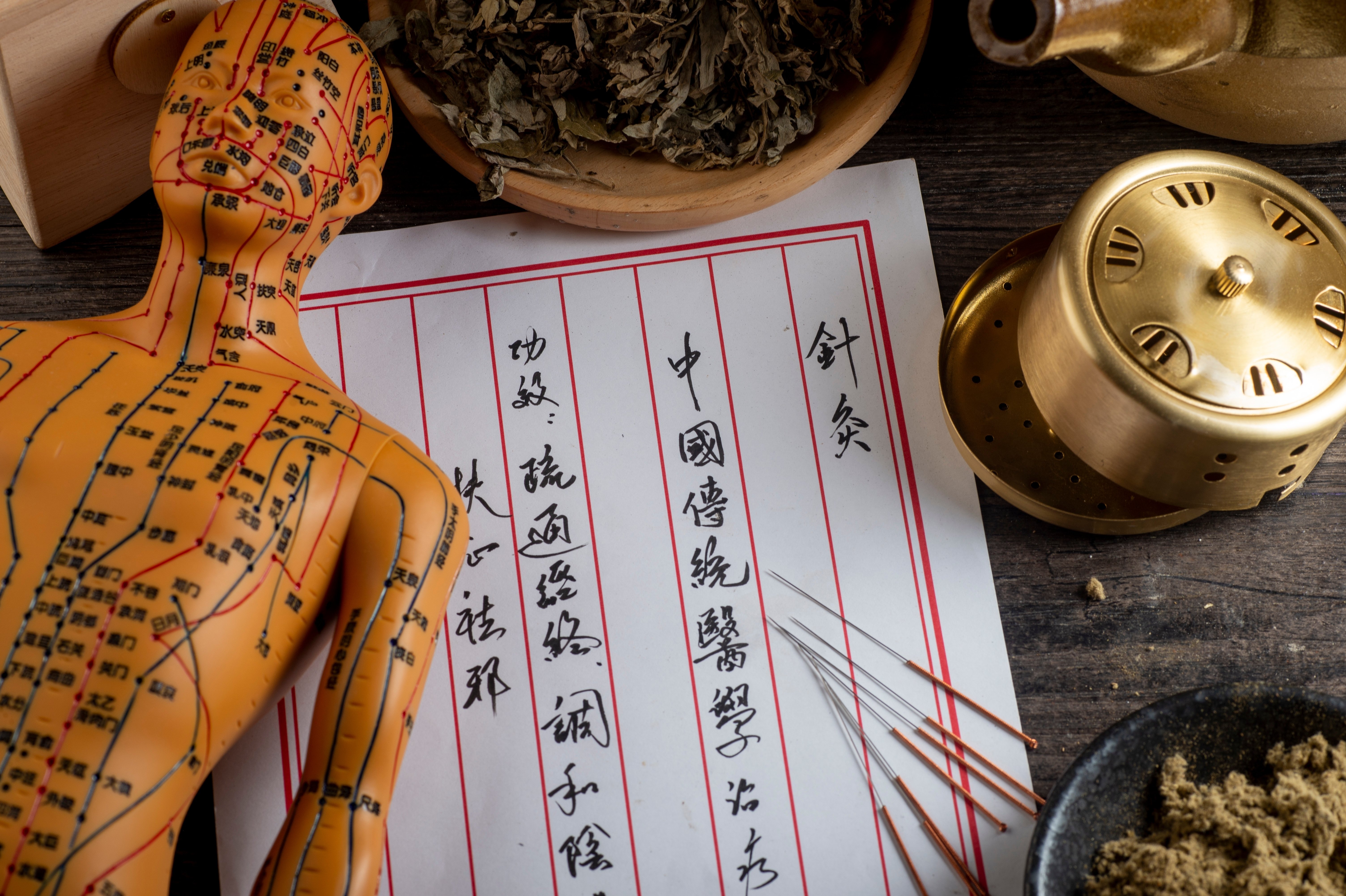
(Vienna, 20-03-2023) People in Austria have great confidence in Traditional Chinese Medicine (TCM). According to the World Health Organisation (WHO), diagnostic and therapeutic methods of TCM should also be strengthened further in national healthcare systems. A recent publication by MedUni Vienna found a clear divergence between the perceived and actual scientific character of TCM. The study was carried out as part of of the elective course in "Complementary Medicine: Esoterism and Evidence" at MedUni Vienna, where students deal with the distinction between esotericism and evidence in alternative healing methods such as TCM. The results of the study were published in the British Medical Journal Open.
1,382 people in Austria were interviewed about their use and assessment of Chinese Traditional Medicine procedures for the study by the team led by Harald Sitte (Institute of Pharmacology at MedUni Vienna). In order to obtain a representative sample, the results were weighted using data from Statistics Austria. In addition, statistical methods (network analysis, Gaussian copula, Bayesian estimator) ensure the greatest possible validity of the survey results.
Accordingly, 60 percent of the women and 40 percent of the men in the surveyed group have used TCM procedures in the past. Despite a lack of clinical evidence, 65 percent of women and 50 percent of men consider TCM to be scientifically sound. "It is interesting to note that the perceived scientific nature of TCM correlates with confidence in the method itself," explains lead author Michael Eigenschink (Department of Paediatrics and Adolescent Medicine at MedUni Vienna).
In 2020, the team had already published a critical examination of the most important premises of Traditional Chinese Medicine. It discovered that fundamental TCM concepts such as qi, meridians, acupuncture, pulse and tongue diagnosis, as well as traditional herbal treatment, lacked evidence. The use of pharmacologically active substances, which are not regulated according to the same strict guidelines as conventional pharmaceuticals, was also critically examined. Aspects such as this are just as little in the awareness of the population as the complex ethical background of the use of animal ingredients (e.g. pangolin scales).
The divergence between the perceived and actual evidence of TCM identified in the study is also reflected in the current political decisions to support TCM in the healthcare system, according to MedUni Vienna researchers. "Political decision-makers should be mindful of scientific evidence," emphasises Study Director Harald Sitte. In the sense of empowering patients to decide for or against the use of complementary medicine, it is particularly important to inform them about the lack of evidence.
"Complementary Medicine" elective at MedUni Vienna
The elective "Complementary Medicine: Esotericism and Evidence" has been offered at MedUni Vienna since the summer semester 2019 in order to sensitise students to the distinction between scientific character and the pursuit of profit.
Publication: British Medical Journal Open
Cross-sectional survey and Bayesian network model analysis of traditional Chinese medicine in Austria: investigating public awareness, usage determinants and perception of scientific support
Michael Eigenschink, Luise Bellach, Sebastian Leonard, Tom Eric Dablander, Julian Maier, Fabian Dablander, Harald H Sitte
Doi: 10.1136/bmjopen-2021-060644
https://bmjopen.bmj.com/content/13/3/e060644